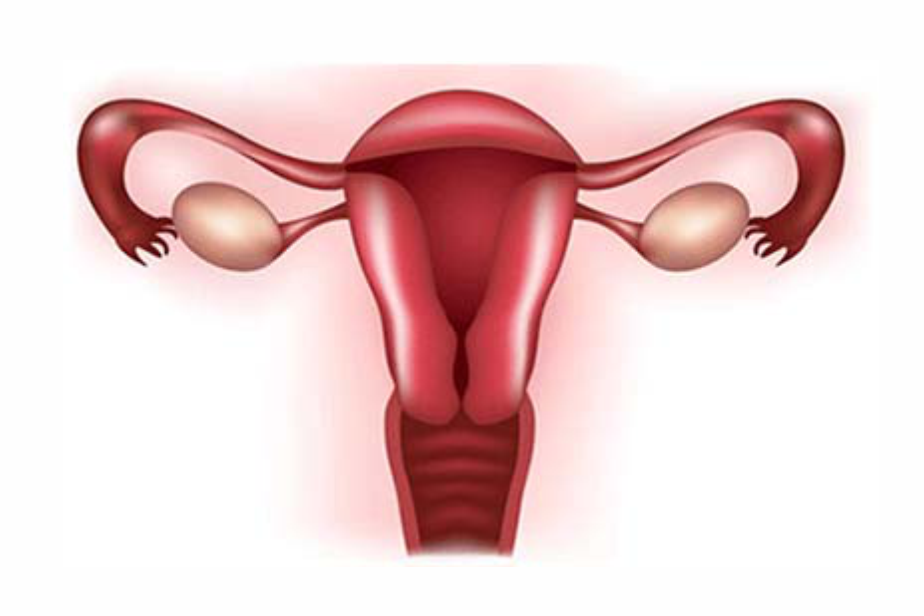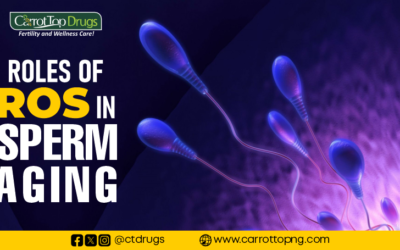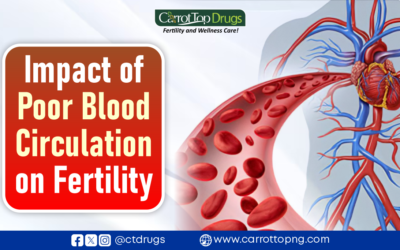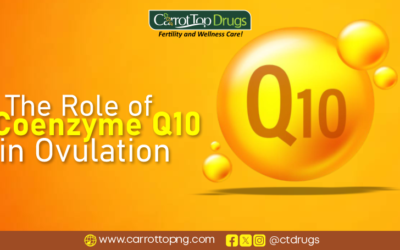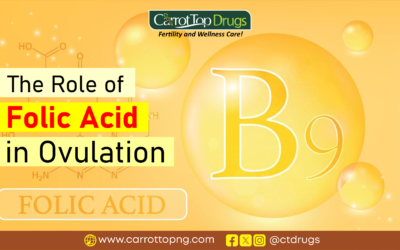Dysfunctional uterine bleeding also referred to as anovulatory bleeding is an irregular uterine bleeding which signals a disruption in the normal pattern of the menstrual cycle. Dysfunctional uterine bleeding occurs when the hormones which trigger menstruation and ovulation are thrown out of balance thereby resulting in light or heavy alternating periods, unpredictable shorter and longer periods or spotting. Let’s take a look at causes and symptoms of dysfunctional uterine bleeding.
CAUSES OF DYSFUNCTIONAL UTERINE BLEEDING
- Hormonal Imbalance: Hormonal imbalance is one of the major causes of dysfunctional uterine bleeding. During ovulation, when one of your ovaries releases an egg, certain hormones signal your body to start building up the lining of your uterus (endometrium). Some women who experience dysfunctional uterine bleeding do not ovulate during their menstrual cycle.
This throws the hormones off balance where the endometrium builds up until it becomes too thick. This bleeding will be very heavy when your body gets rid of this lining during your period. Hormonal imbalance could cause your body not to know when to shed its lining. This leads to irregular bleeding or spotting between periods. This is common in teenagers who just started menstruating or women getting close to menopause. Other things which could throw your hormones of balance include birth control pills, physical or emotional stress, fast weight gain or loss and IUD (intrauterine device).
- Endometriosis: This occurs when the uterine lining (endometrium) grows out of the uterus. It can grow on the ovaries, tissues lining the pelvis and on the bowels. This means the endometrial tissue will grow, thicken and break down causing heavy bleeding during menstrual periods.
- Uterine Fibroids: Fibroids are growths within the uterus, uterine lining or muscle. Uterine fibroids can expand the endometrial lining resulting in heavy menstrual periods. These fibroids could also be due to excess oestrogen which plays a major role in the thickening of the endometrial lining prior to menstruation. This results in thicker lining to be shed and eventually heavy menstrual flow.
- Uterine Polyps: Uterine polyps are small growths attached to the inner wall of the uterus which extend to the uterine cavity. These uterine polyps could be formed due to the overgrowth of the endometrial cells (cells in the lining of the uterus). They are mostly common in women going through or have completed menopause, although they could occur in younger women too. Just likes fibroids, excess oestrogen could play a major role in their growth. They are usually not cancerous, but they could eventually lead to cancer. Larger uterine polyps can bleed and cause heavy periods.
- Sexually Transmitted Infections (STDs). Sexually transmitted infections like chlamydia and gonorrhea which cause inflammation and lesions around the pelvic organs could lead to dysfunctional uterine bleeding due to the pressure of sexual intercourse.
- Polycystic Ovarian Syndrome: This is a hormonal disorder, whereby small fluid filled sacs (cysts) which grow inside the ovaries never mature enough to trigger ovulation, thereby disrupting the balance of oestrogen and progesterone hormones making periods heavier than usual.
- Other Causes Of Dysfunctional Uterine Bleeding Include:
- Clotting or bleeding disorders
- Cancer of the cervix, uterus or endometrium
- Infection of the endometrium or cervix
SYMPTOMS OF DYSFUCNTIONAL UTERINE BLEEDING
One of the most common symptoms of dysfunctional uterine bleeding is bleeding outside your normal periods. It could also occur within your menstrual cycle. These symptoms include the following:
- Spotting
- Bleeding that last for more than 7 days
- Bleeding that contains many or large clots
- Heavy bleeding
- Bleeding that comes in less than 21 days from the last menstrual cycle
- Bleeding/Spotting between periods.
- Other symptoms include pelvic pain/pressure, breast tenderness and bloating.
You should consult your Doctor fast if you experience severe dysfunctional uterine bleeding symptoms like weakness, fainting, dizziness, soaking a pad every hour, increased heart rate, low blood pressure, pain, pale skin and passing large clots.
CAN DYSFUNCTIONAL UTERINE BLEEDING BE TREATED?
- There are different treatment options available for dysfunctional uterine bleeding. The underlying cause of the bleeding determines the appropriate treatment for you. In the case of puberty, the hormones usually correct themselves later on.
- For Endometriosis and fibroids, the following treatments could be beneficial:
1.Medications to regulate your hormone levels may be prescribed to shrink fibroids. Gonadotropin-releasing hormone (GnRH) agonists, such as leuprolide (Lupron), will cause your estrogen and progesterone levels to drop. This will eventually stop menstruation and shrink fibroids.
2.Intrauterine device (IUD) that releases the hormone progestin: They release hormone progestin which prevents the lining of the womb from building up during menstrual cycle.
3.Aromatase inhibitors. Aromatase inhibitors are a class of medicines that reduce the amount of estrogen in your body. Your doctor may recommend an aromatase inhibitor along with a progestin or combination hormonal contraceptive to treat endometriosis.
4.Endometrial ablation: It is a medical procedure used to remove or destroy the lining of the uterus. It could end your menstrual periods and you might not be able to get pregnant again after getting it done.
5. ultrasound surgery: You lie down inside a special MRI(magnetic resonance imaging) machine that allows doctors to visualize the inside of your uterus. High-energy, high-frequency sound waves are directed at the fibroids to ablate, or destroy, them.
- Over the counter (OTC) anti-inflammatory pain relievers, such as ibuprofen.
- Medications such as tranexamic acid which help blood to clot and control heavy bleeding.
- If dysfunctional uterine bleeding Is due to cancerous uterine cells, a hysterectomy, which is the complete removal of the uterus is recommended.
- If dysfunctional uterine bleeding is due to hormonal imbalance, you should take fertility supplements like EVERGREEN FORMULAR FOR WOMEN. EVERGREEN FORMULAR FOR WOMEN corrects hormonal imbalance and it is recommended for the treatment of polycystic ovarian syndrome.

